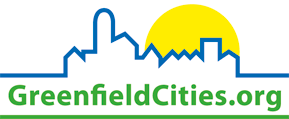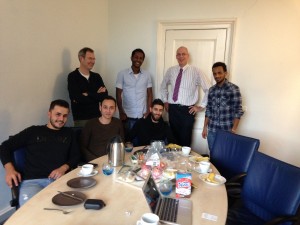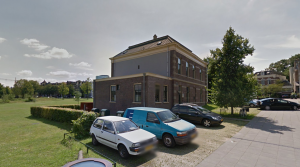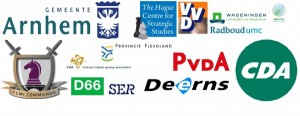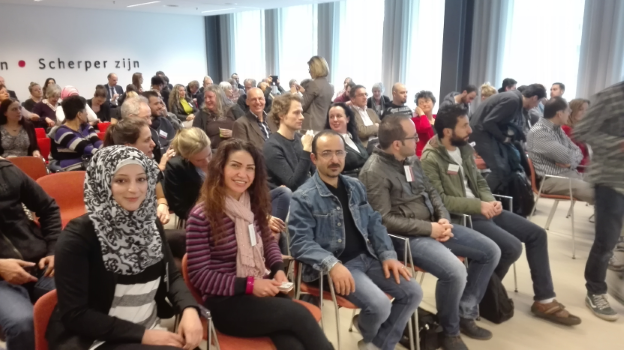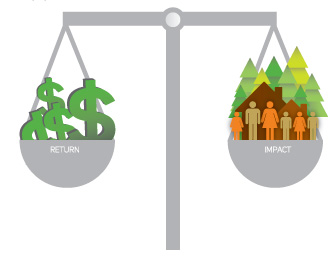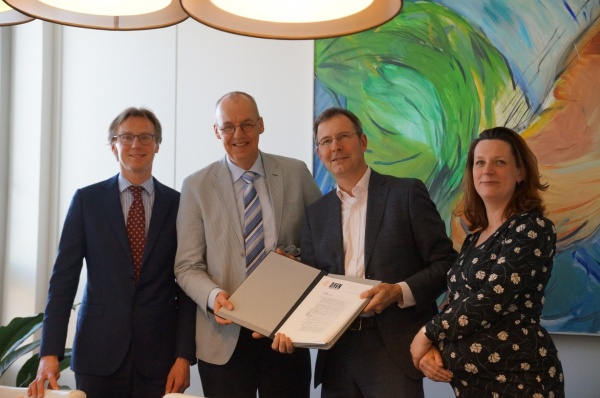 Refugees in Arnhem region help thinking about solutions in region of origin.
Refugees in Arnhem region help thinking about solutions in region of origin.
Securing sustainable and safe cities for 250.000 refugees in their region of origin. That is the goal that the GreenfieldCities Foundation has set for itself. As a start, GreenfieldCities teams up with renowned Netherlands institutes and companies, forming a think tank capable of thinking through concrete solutions. The special angle to the approach is the fact that refugee talents currently residing in the Netherlands participate in the effort. The City of Arnhem, that currently cares for more than 1.200 refugees from conflict zones, actively supports the initiative with a grant of €9.000.
The GreenfieldCities core idea constitutes replacing the concept of large scale refugee camps in conflict zones with real cities that feature a permanent and sustainable character. GreenfieldCities wants to help create the conditions for this to happen and enable current refugees to develop and sustain their own new cities including important aspects such as food, healthcare, education, energy, water, etc.
Partners
To make the vision concrete, thematic expert teams will be formed over the next six months. Refugee talents are key participants in those teams. Interviews with refugees are underway and the first teams will start around September 1st. Teaming talks with expert institutes such as Radboud University Medical Center (Health Care), Wageningen University & Research (Water) en Alliander (Energy) are progressing well.
Talents
The City of Arnhem supports the initiative with a grant that will be used to provide internships for the first five refugee talents at the Foundation’s offices in Arnhem.
Arnhem alderwoman Anja Haga indicates that “the city government supports this initiative as it fits well with the Arnhem vision that new citizens should fully participate in our society as quickly as possible. In this project they can use their relevant skills and expertise for contributing to solutions benefiting their own region of origin. It is very beautiful and worthwhile if you can use your talents for the future of your own country or region”.
A Double Edged Sword
GreenfieldCities founder Joris Benninga says: “we use a double edged sword. On the one hand we deliver short term value by propelling refugee talents into expert teams where they can excel in their own field of expertise. And for the long run we contribute to structural solutions for forced migration challenges. Our dot on the horizon is creating safe and sustainable cities for 250.000 people in current conflict zones.
—-end of press statement—-
More information:
Joris Benninga, GreenfieldCities Foundation, +316 414 87 161 / +1 202 821 2968
Office: Zijpendaalseweg 28, Arnhem, The Netherlands
Save
Save
Save
Save
